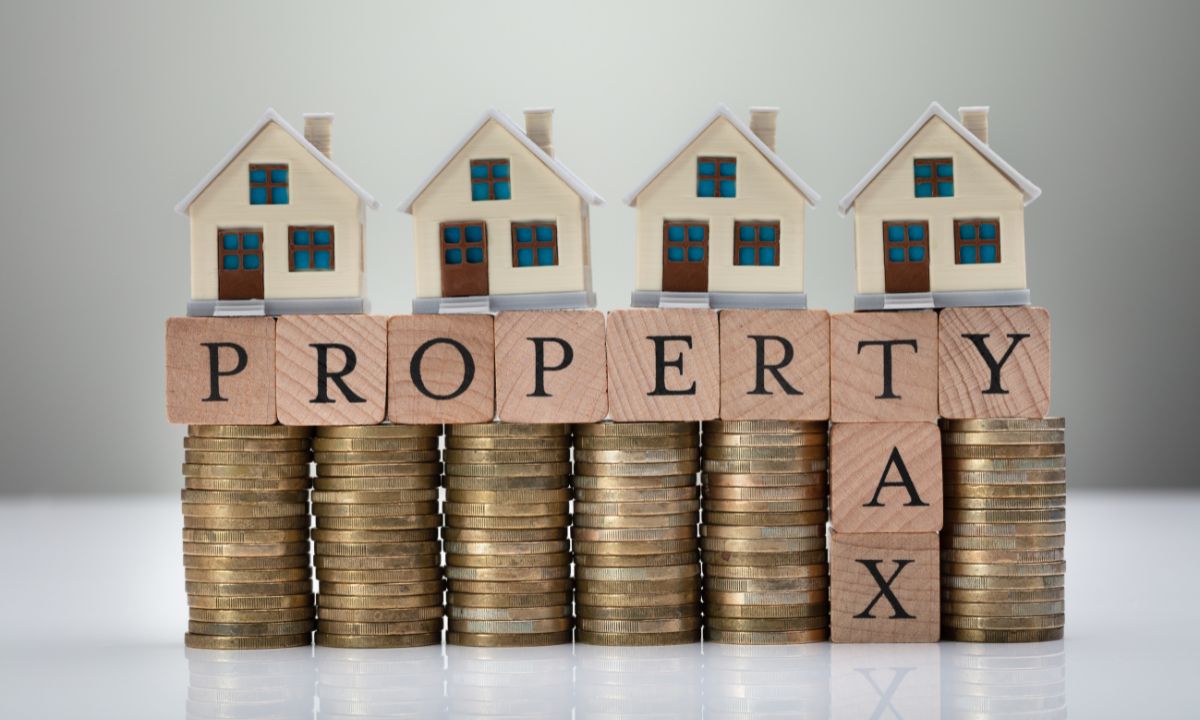 Retirement is a significant milestone in one’s life, symbolizing the culmination of years of hard work and dedication. As individuals approach this stage, meticulous planning becomes imperative to ensure a comfortable and financially secure future. Among the plethora of retirement planning options, real estate emerges as a challenging player, offering unique advantages that can enhance the overall strategy. Let’s discuss the pivotal role that real estate plays in retirement planning and why it deserves a prominent place in your financial portfolio.
Retirement is a significant milestone in one’s life, symbolizing the culmination of years of hard work and dedication. As individuals approach this stage, meticulous planning becomes imperative to ensure a comfortable and financially secure future. Among the plethora of retirement planning options, real estate emerges as a challenging player, offering unique advantages that can enhance the overall strategy. Let’s discuss the pivotal role that real estate plays in retirement planning and why it deserves a prominent place in your financial portfolio.
Building Equity for the Future:
One of the fundamental advantages of investing in real estate is the potential for equity growth over time. Unlike other assets that may fluctuate in value, real estate often appreciates in the long run. By acquiring property early in your career and allowing it to accumulate value, you’re essentially building a robust foundation of equity that can serve as a valuable financial resource during retirement.
Steady Income Stream through Rental Properties:
Real estate’s ability to generate a steady income stream is a crucial factor in retirement planning. Owning rental properties allows retirees to enjoy a regular source of passive income, supplementing other retirement income streams such as pensions or social security. Well-managed rental properties can provide a reliable and predictable cash flow, ensuring financial stability throughout retirement.
Diversification for Risk Mitigation:
Diversification is a key principle in any successful investment strategy, and real estate offers an excellent avenue for achieving it. By diversifying your retirement portfolio to include real estate assets, you can spread risk and reduce vulnerability to market fluctuations. Real estate’s performance often exhibits low correlation with traditional financial markets, providing a hedge against economic downturns and uncertainties.
Hedging Against Inflation:
Inflation erodes the purchasing power of money over time, posing a significant threat to retirees. Real estate, however, has historically proven to be an effective hedge against inflation. Property values and rental income tend to rise with inflation, ensuring that the real value of your real estate assets remains relatively stable over the long term.
Downsizing and Lifestyle Adjustments:
Real estate plays a dynamic role in retirement planning by offering options for downsizing or making lifestyle adjustments. Retirees can leverage the equity built in their properties by selling and downsizing to a smaller, more manageable home. This not only releases funds for retirement expenses but also reduces maintenance costs and property taxes.
As individuals navigate the intricate landscape of retirement planning, embracing the role of real estate can significantly enhance their financial well-being. From building equity and generating passive income to providing a buffer against inflation, real estate stands as a versatile and resilient asset class. Including real estate in your retirement portfolio offers not only financial benefits but also the peace of mind that comes with a diversified and well-rounded approach to securing your future.
 Are you tired of pouring your hard-earned money into rent payments every month, only to see it vanish into thin air? Have you ever considered that homeownership might be the key to escaping the rent trap and building wealth for your future? We will explore how homeownership can be a powerful wealth-building tool compared to renting.
Are you tired of pouring your hard-earned money into rent payments every month, only to see it vanish into thin air? Have you ever considered that homeownership might be the key to escaping the rent trap and building wealth for your future? We will explore how homeownership can be a powerful wealth-building tool compared to renting.